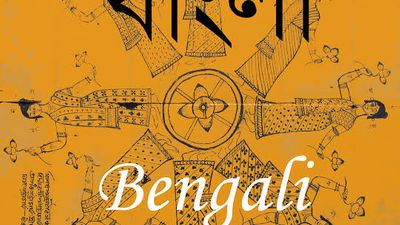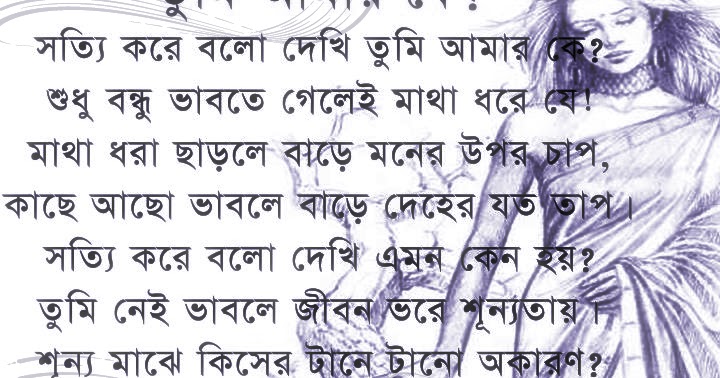

He was occupied at this time in linking in narrative form the jottings which he had made throughout his life as a rough diary, but he also found time for a magnificent and very detailed forty page account of his new acquisition-Hindustan. No reader of this prince of autobiographers can doubt his honesty or his competence as witness and chronicler.

If ever there were a case when the testimony of a single historical document, unsupported by other evidence, should be accepted as sufficient proof, it is the case with Babur's memoirs. The man's own character is so fresh and buoyant, so free from convention and cant, so rich in hope, courage, resolve, and at the same time so warm and friendly, so very human, that it conquers one's admiring sympathy.The utter frankness of self-revelation, the unconscious portraiture of all his virtues and follies, his obvious truthfulness and fine sense of honour, give the Memoirs an authority which is equal to their charm. This journal has appeared annually since 1935 except for five different years when the annual sessions of the Indian History Congress could not be held.His Memoirs are no rough soldier's chronicle of marches and countermarches.they contain the personal impressions and acute reflections of a cultivated man of the world, well read in Eastern literature, a close and curious observer, quick in perception, a discerning judge of persons, and a devoted lover of nature one, moreover, who was well able to express his thoughts and observations in clear and vigorous language.The shrewd comments and lively impressions which break in upon the narrative give Babur's reminiscences a unique and penetrating flavour.

Thus there has been a growth of papers on women’s history, environmental and regional history. The papers included in the Proceedings can be held to represent fairly well the current trends of historical research in India. The journal has constantly taken the view that ‘India’ for its purpose is the country with its Pre-Partition boundaries, while treats Contemporary History as the history of Indian Union after 1947. The addresses of the General President and the Presidents of the six sections generally take up broad issues of interpretation and historical debate. The annual journal of the Indian History Congress, entitled The Proceedings of the Indian History Congress carries research papers selected out of papers presented at its annual sessions on all aspects and periods of Indian History from pre-history to contemporary times as well as the history of countries other than India.


 0 kommentar(er)
0 kommentar(er)
